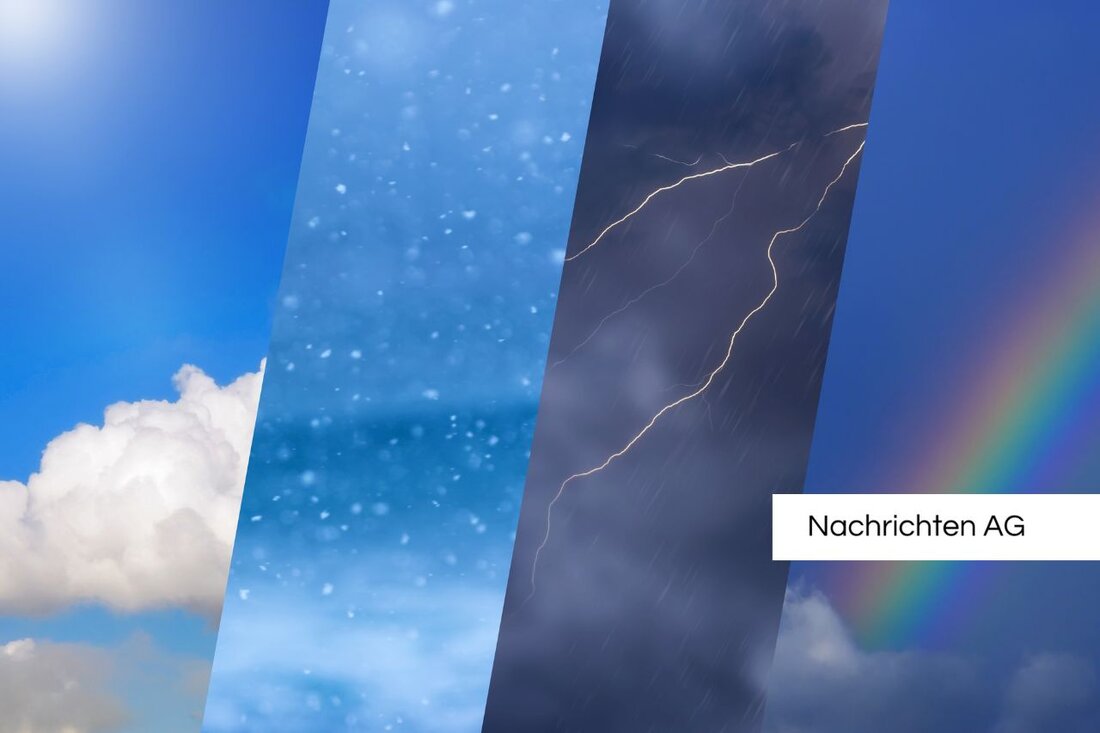Braunschweig researchers are testing innovative plant health tools in Italy
Researchers at TU Braunschweig are collecting data in Italy to monitor plant health using the latest technology.

Braunschweig researchers are testing innovative plant health tools in Italy
There is currently a lot of activity in Italy, and there is a very special reason for it: researchers from the Technical University of Braunschweig are on site to collect valuable data on a farm. They are taking part in a European Space Agency (ESA) measurement campaign that focuses on monitoring the health of vegetation. The aim is to recognize signs of drought or heat stress in plants in good time. news38.de reports that the data collected should help farmers react quickly to climate changes.
To achieve their goals, the researchers use a state-of-the-art helicopter towed probe called a “helipod”. This innovative technical solution allows you to carry out air measurements directly in a stubble field. The helicopter takes off and lands exactly where the measurements are required. New sensors are used that provide valuable information about photosynthesis and the condition of the plants.
Combination of technology and nature
The researchers use a versatile system: In addition to direct measurements on the ground and a series of drone flights at low altitudes, they also use a research aircraft at higher altitudes. The first measurement campaign took place in May of this year, when the plants were younger and the environmental conditions were much milder. However, the weather has changed significantly since then, and the working conditions are now anything but easy - temperatures of 34 degrees in the shade plague the scientists while they measure atmospheric quantities such as temperature, wind, methane and ozone.
“Helipod” has proven to be very valuable for the measurements in Italy due to its flexibility. This adaptability is compounded by the challenge of the helicopter having to move amidst an agricultural environment surrounded by the curiosity of a herd of dairy cows.
Future of environmental research
But it's not just agriculture that benefits from these measurements. This type of data acquisition could also have far-reaching consequences for the health assessment of our forests. The FeMoPhys project, which relies on modern remote sensing technologies, has set itself the task of improving the health of forests through innovative remote measurement systems and direct tree measurements. Early detection of problems such as drought and heat is urgently needed here. waldklimafonds.de explains that a “Forest Vulnerability Index” is being developed to act as an early warning system to protect forests.
The challenges lie in combining tree measurements with remote sensing data to enable precise analysis. The project is supported by a variety of partners, including the German GeoResearch Center, the State Competence Center Forst Eberswalde and the Technical University of Berlin. The goal by 2026 is clear: to create an optimal database for sustainable and informed forest management.
A good knack for using the latest technologies could therefore be crucial in protecting our living space not only today, but also in the future. The developments in Braunschweig and Italy could be the key to ensuring that our nature remains healthy even in times of climate change.

 Suche
Suche
 Mein Konto
Mein Konto